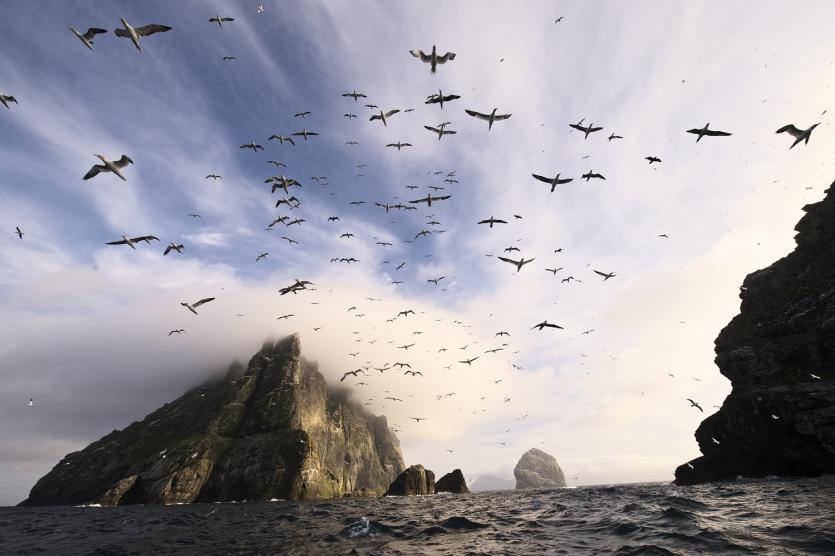Photo:TWD
By Patryk Krych | The World Daily | SEPTEMBER 4th 2021
According to a recent report produced by Scottish Government agency NatureScot, the seabird breeding numbers in the country had fallen by nearly 50% since the 1980s. The main cause of this decline was attributed to fisheries, as well as a changing climate.
The study looked at 11 species of Scottish seabirds, having also drawn on some of the data from the UK seabird monitoring programme. They found that the breeding numbers of those 11 species had fallen by an entire 49% between 1986 and 2019 – when the most recent estimate was gathered. The numbers of these important birds are said to be “continuing to decline.”
Alongside the many fisheries and continued negative effects of climate change, the report also cited the introduction of invasive species, not native to the regions, as a major reason for some of these steady declines over the years.
“The key drivers of change are fisheries, climate change and invasive non-native species,” the report wrote. “To a lesser extent, pollutants and offshore renewables may present some threats to seabirds.”
The bird with the largest decline out of these species was found to be the Arctic skua, with a total fall of 81%. It’s understood that the increasing lack of sandeel fish may be a major reason for this. The number of guillemot birds was, on the other hand, found to have gone up by 17% since 2016, with their numbers now at a similar level to what they were back in the early 2000s.
“While there are some positive signs of stabilisation in some species, overall our internationally important breeding seabird populations are continuing to decline,” said NatureScot’s trends and indicator analyst, Simon Foster. “We know that these declines are driven by factors including climate change, fisheries and invasive non-native species.”






